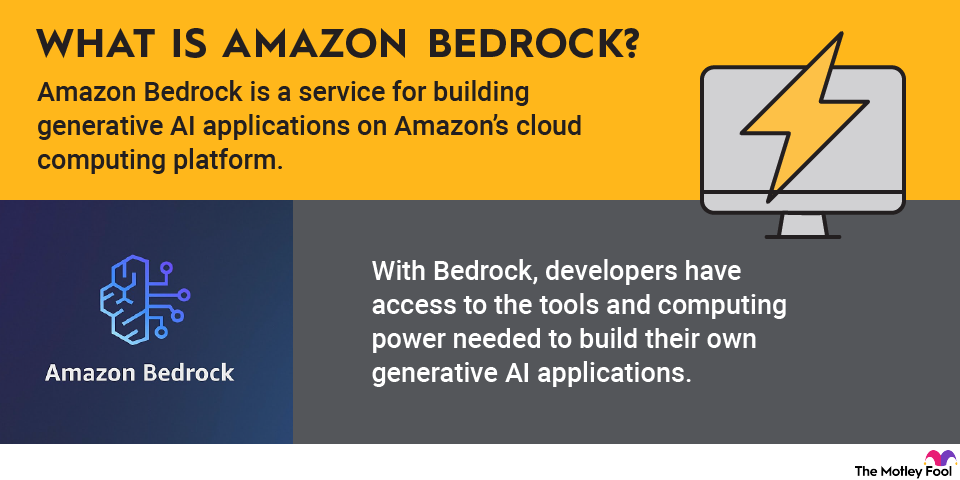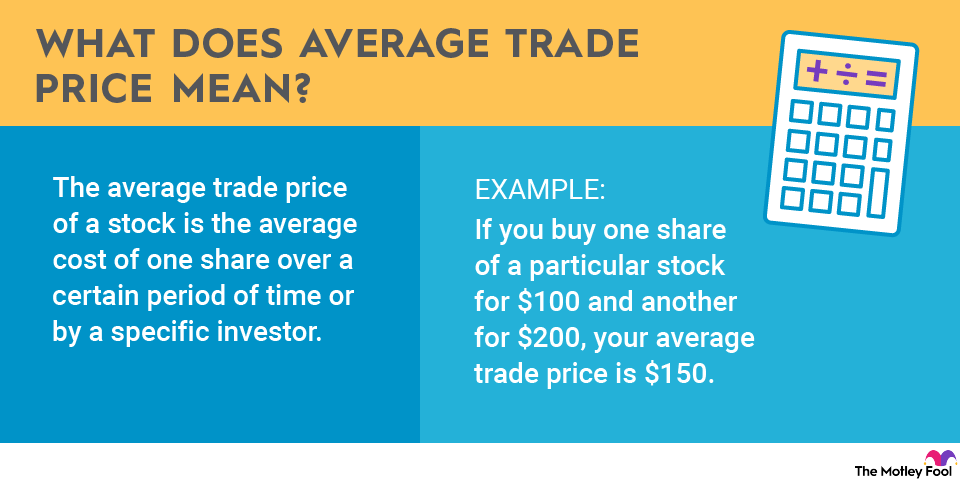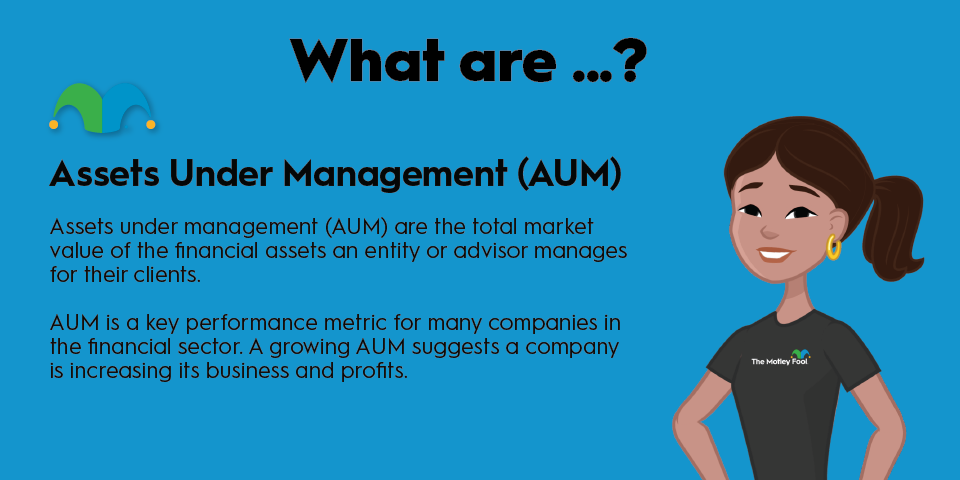If you’ve heard of angel investors before, you might know that this term sounds just like its meaning. Angel investors are wealthy individuals who invest in startups and other businesses, in a sense coming to the rescue of entrepreneurs who need capital. Angel investors can be professionals or make a one-off investment. They hope to realize the high upside potential that comes with investing in startups.
Often, an angel investor is a friend or family member of the entrepreneur.

What is an angel investor?
What is an angel investor?
Angel investors have a lot in common with venture capital, but the primary difference is that angel investors work independently in a less-structured manner, while venture capitalists operate as a professional firm and generally have dozens of investments.
Like venture capital firms, angel investors seek to invest in startups, but their one-off status often makes them more accessible to founders seeking capital; working with them may be less competitive than a VC firm.
A relationship with an angel investor can often make or break a startup company. It’s crucial for new companies to have access to cash as they build their businesses, as well as investors with special insight into an industry.
Angel investors have a lot in common with venture capital, but the primary difference is that angel investors work independently in a less-structured manner, while venture capitalists operate as a professional firm and generally have dozens of investments.
Like venture capital firms, angel investors seek to invest in startups, but their one-off status often makes them more accessible to founders seeking capital; working with them may be less competitive than a VC firm.
A relationship with an angel investor can often make or break a startup company. It’s crucial for new companies to have access to cash as they build their businesses, as well as investors with special insight into an industry.
Start-Up
Who works with an angel investor?
Typically, an angel investor invests in startups, but a relationship with an angel investor can be helpful at any stage of the business. They are most useful for startups that don’t have access to capital from banks the way larger companies do.
Angel investors also tend to be less strict than venture capitalists, which can be an advantage to an entrepreneur. The trade-off is that you’re less likely to find angel investors with a high level of expertise in your industry like you would with venture capital firms, which tend to focus on a specific sector or industry.
How do you find an angel investor?
If you’re an entrepreneur with a startup idea, you might be wondering where you can get capital or how you can find an angel investor.
The best way to start looking for one is by tapping into your own personal network, putting the word out with friends and family that you’re looking for startup funding.
Another way is to look into websites that list angel investors looking for an investment. Some options for finding an angel investor include AngelList, Gust, and others. Putting the message out on social media sites like Linkedin can also help you find the right angel investors.
It’s also worth taking the time to find the right angel investor. Make sure that your goals are aligned, that you have their continuing financial support, and, ideally, that they have some familiarity with the industry you’re competing in.
Are there any famous angel investors?
Most angel investors aren’t well known, but there are some famous ones out there. Perhaps the most famous angel investor is Bill Gates. Through the Bill and Melinda Gates Foundation and Bill Gates Investments, the Microsoft (MSFT +0.26%) founder has invested in a wide range of startups. More recently, he led an $84 million funding round for Kymeta, a mobile connectivity startup that makes a flat panel antenna that can sit on top of a vehicle. He also led Breakthrough Energy Ventures, which has invested in dozens of clean-energy startups.
Forbes lists Amazon (AMZN -1.31%) founder Jeff Bezos as one of the most active angel investors. Bezos has invested in startups like Overtime, a sports digital media company, and Realworld, a startup designed to help Gen Z with adult tasks related to health, finance, and work, including income taxes and parenting.
Like much else in the business world, angel investing tends to be cyclical, and the bear market has slowed demand for new IPOs. However, that’s likely to change in the next bull market.
Plenty of great businesses were built during the last recession, and the next one could spur a crop of new startups, especially with the emergence of artificial intelligence as the latest disruptive technology.
If you’re an entrepreneur looking for an angel investor, there are plenty of ways to find one. If you can’t get Bill Gates’ attention, consider tapping your personal network, or using some of the websites that connect startups with investors.


















